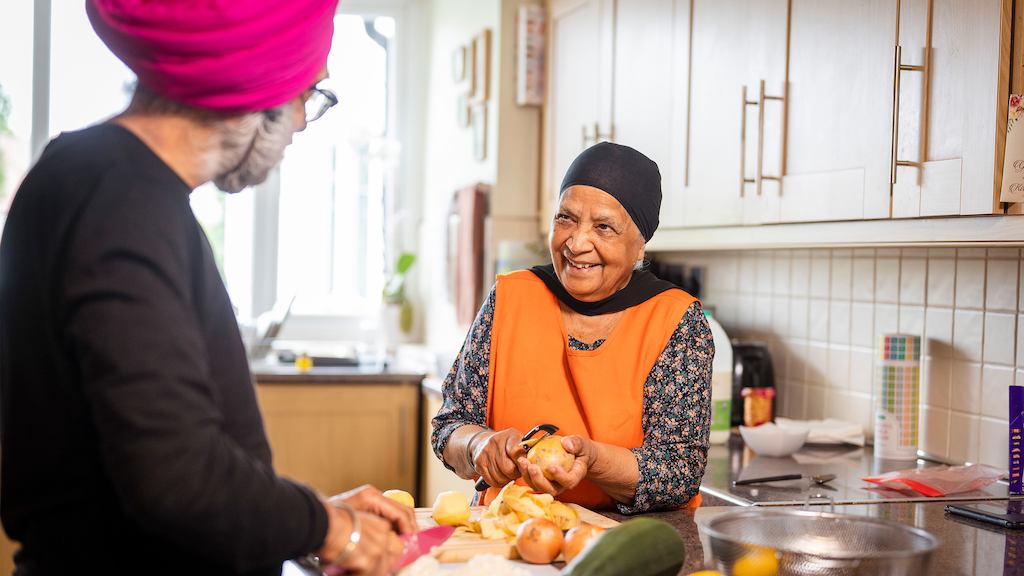The next step carers often overlook is how to look after themselves and remembering that self-care should not make you feel guilty. Maintaining good emotional and physical wellbeing enables carers to be better carers, because much needed time and respite has been taken for themselves. My role at the Carers Centre is to look at the impact of caring on a carer/person and develop a range of wellbeing activities that allow carers to have counselling, life coaching, get involved in peer support group activities, take up a creative pursuit and engage in mindfulness activities. I like to do this by co-producing the timetable with carers; it just makes sense to have as much lived experience and input, so that the services are what carers want.
All these activities as well as learning about specific conditions, first aid, manual handling can give a carer a life outside of caring. I often encourage carers to take back control of their lives, take up a further education course, join a social group, be part of a physical activity group with other carers.
It can be hard for carers to find the time to take part, but the rewards are considerable when a carer understands their role better, has developed self-care skills for their emotional wellbeing, feels energised after a massage or taken part in a retreat. It just propels the carers to manage for longer.
I always say we have to invest in carers and that includes wellbeing, so that the huge numbers up and down the country can continue to save us £193 billion a year, be thought of as the second NHS and be the amazing community they are.
So, summing up, I encourage carers to look after their much-required wellbeing, get support and tap into a service that can help carers. These are just some of the ways carers can age better and enjoy life, as connection with others can pay in dividends. I also encourage carer services to use the age-positive image library for promotion, activities. Having images that feel real and reflect modern people will only help your service reach carers, who do not recognise they are a carer.

